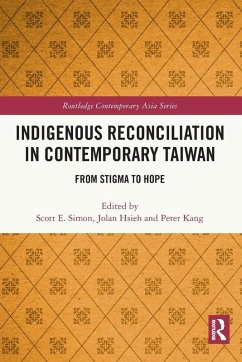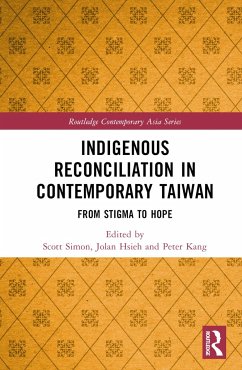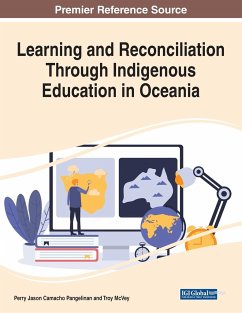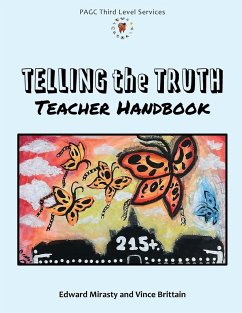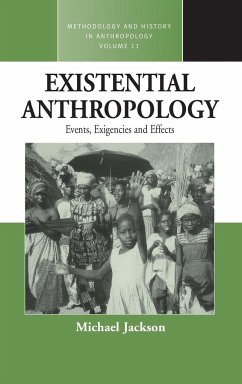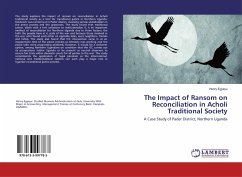
Carnivalizing Reconciliation
Contemporary Australian and Canadian Literature and Film beyond the Victim Paradigm
Versandkostenfrei!
Versandfertig in 1-2 Wochen
131,99 €
inkl. MwSt.
Weitere Ausgaben:

PAYBACK Punkte
66 °P sammeln!
Transitional justice and national inquiries may be the most established means for coming to terms with traumatic legacies, but it is in the more subtle social and cultural processes of "memory work" that the pitfalls and promises of reconciliation are laid bare. This book analyzes, within the realms of literature and film, recent Australian and Canadian attempts to reconcile with Indigenous populations in the wake of forced child removal. As Hanna Teichler demonstrates, their systematic emphasis on the subjectivity of the victim is problematic, reproducing simplistic narratives and identities ...
Transitional justice and national inquiries may be the most established means for coming to terms with traumatic legacies, but it is in the more subtle social and cultural processes of "memory work" that the pitfalls and promises of reconciliation are laid bare. This book analyzes, within the realms of literature and film, recent Australian and Canadian attempts to reconcile with Indigenous populations in the wake of forced child removal. As Hanna Teichler demonstrates, their systematic emphasis on the subjectivity of the victim is problematic, reproducing simplistic narratives and identities defined by victimization. Such fictions of reconciliation venture beyond simplistic narratives and identities defined by victimization, offering new opportunities for confronting painful histories.




